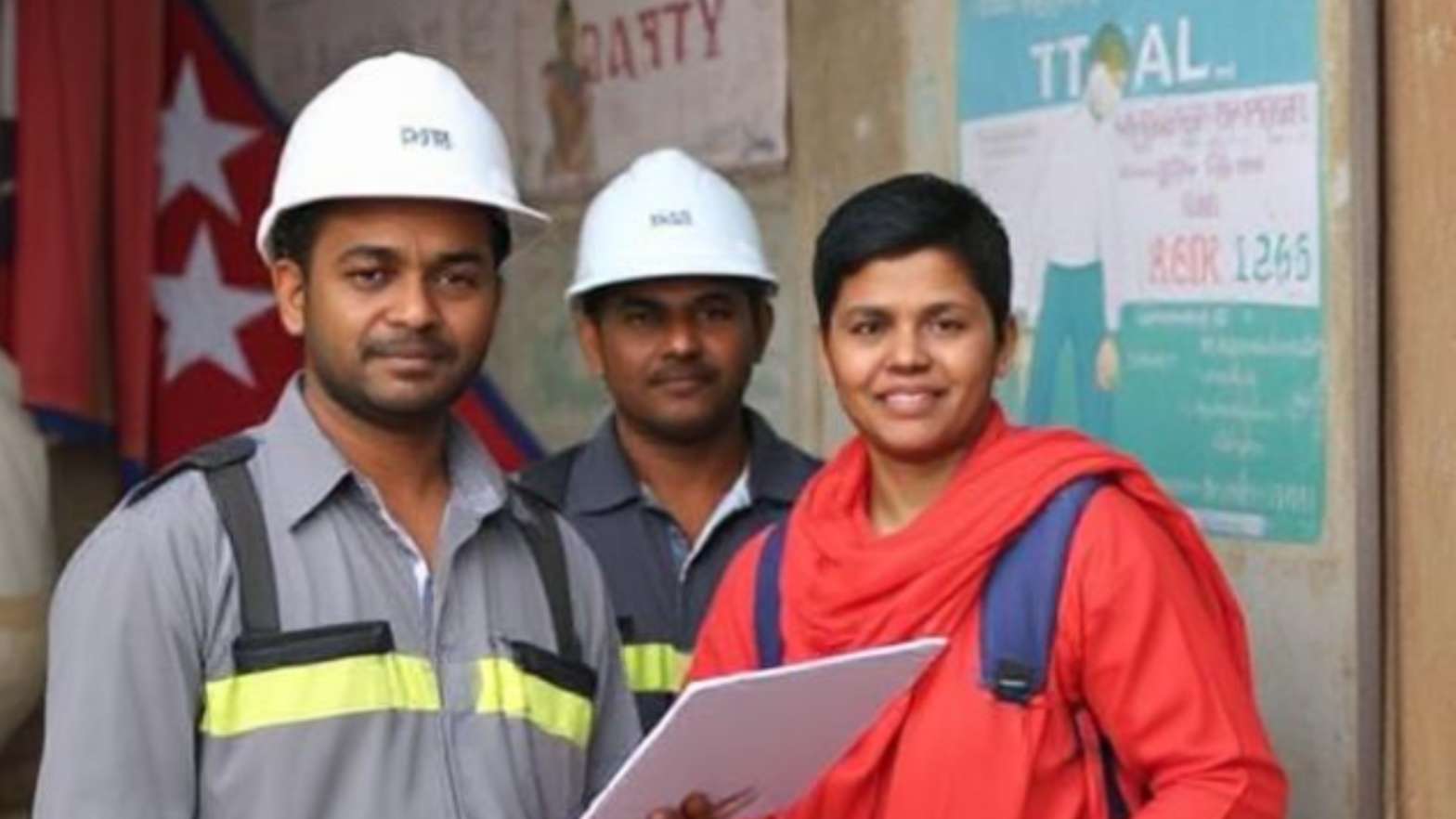
In today’s globalized job market, Nepali skilled workers are increasingly sought after for their expertise in construction, hospitality, caregiving, agriculture, and other trades. Whether you’re an employer hiring internationally or a recruitment agency facilitating overseas placements, verifying the certifications and qualifications of Nepali skilled workers is crucial to ensure legal compliance, workplace safety, and performance standards.
In this article, we’ll provide a comprehensive, step-by-step guide on how to verify the certifications and qualifications of Nepali skilled workers, with a focus on accuracy, legal authenticity, and ethical hiring practices.
Why Verification is Important
Before diving into the process, it’s important to understand why verifying certifications matters:
- Prevents fraud and misrepresentation
- Ensures the candidate meets job-specific skill requirements
- Complies with legal and immigration standards
- Protects business reputation and safety
- Builds trust with clients and partners
Step-by-Step Guide to Verify Nepali Skilled Worker Certifications
- Identify the Type of Certification
- Check with the CTEVT (Council for Technical Education and Vocational Training)
- Validate with Training Institutions
- Verify Internationally Recognized Certificates
- Check Government Databases and License Registries
- Use Third-Party Verification Agencies
- Conduct Practical Skill Assessments
Conclusion
Verifying the certifications and qualifications of Nepali skilled workers is not just a formality—it’s a foundational step in responsible, ethical, and legal hiring. By using official channels like CTEVT, government registries, training institutions, and authorized agencies, employers can ensure that they are hiring qualified and competent professionals.
Whether you’re an international recruiter, employer, or agency, following these steps helps you build a trustworthy and high-performing workforce while safeguarding your business from risk.
